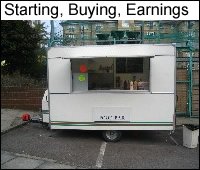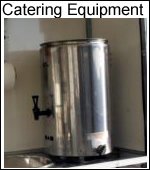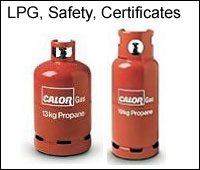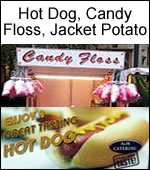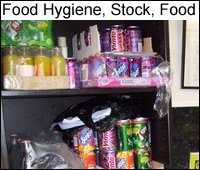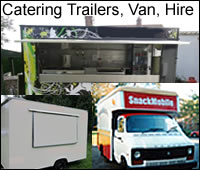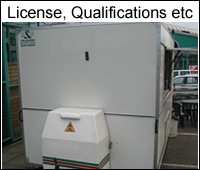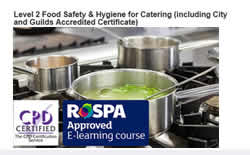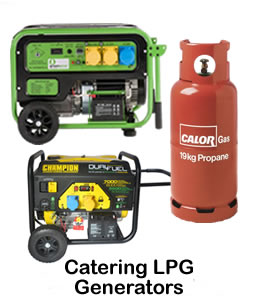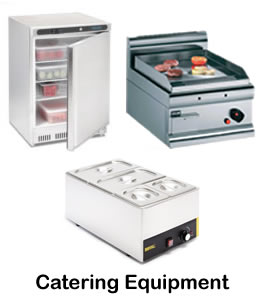Inspection of LPG Cookers and Pipework for Mobile Canteens
by Ebaz
(Yorkshire)
The company I work for have a few canteens and mobile units.
My questions are:-
1)if a canteen unit is put on a site for a few months, should it be checked by a Gas safe engineer once up and running? also, when it moves from that site (on the back of a lorry) would it need to be check by a gas safe engineer when it arrives at a new location?
2) for mobile units that move from location to location, what inspection regimes should be in place? do they have to be checked at each new location?
I have read numerous bits of guidance on the internet and am now confused.
Any help or advice given is gratefully received.
Comments for Inspection of LPG Cookers and Pipework for Mobile Canteens
|
||
|
||
